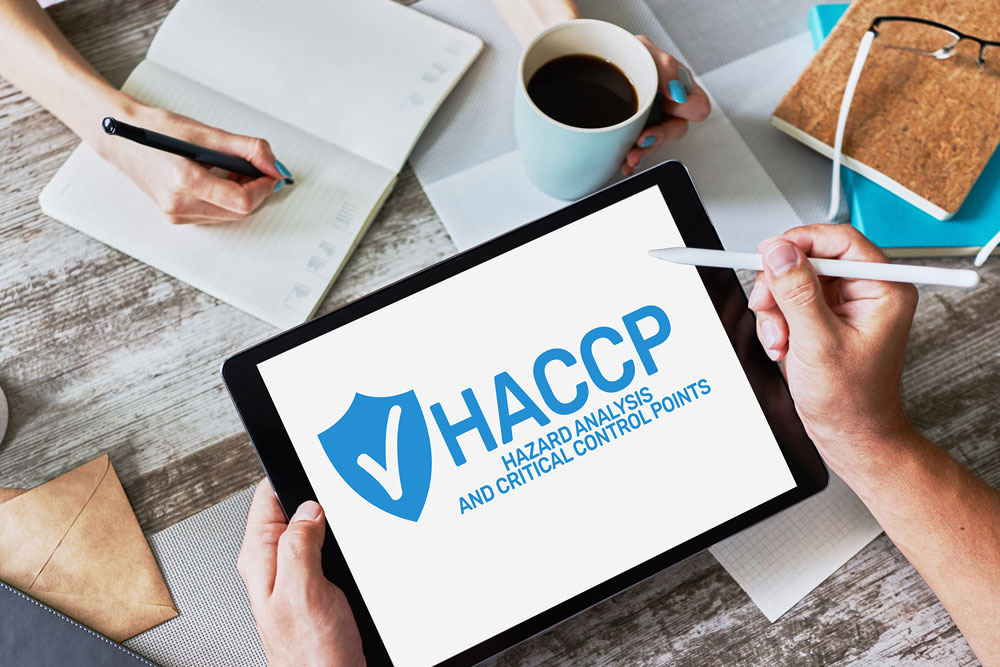
Is Your HACCP Certificate for Real?
HACCP is an unaccredited certification. Unlike ISO accreditation, which has registers managed by the IAF (International Accreditation Forum) and Accreditation Bodies (such as JAS-ANZ), there is no central register of HACCP certified organisations. This makes it hard for suppliers to prove their HACCP certificates are issued by a trusted certification body, and are not counterfeit.
So, what are 3 ways you and your customers can be assured your certificate is meaningful, and your systems have been adequately assessed?
- Find out the auditor’s credentials.Have they had the experience in the industry to effectively carry out your audit? Do they understand food safety hazards within your industry? Just because someone calls themselves an auditor, doesn’t mean they have the experience and competence to assess your systems. A great auditor should have a good mix of knowledge relevant to food safety, relevant to your particular industry, and relative you auditing practises and principles.
- Use a reputable certification body. Whereas a sole trader may lack documented processes to protect against impartiality risks, a reputable certification body has strict processes in place to ensure the process is above board, providing greater assurance to your customers. And if you are using a certification body, make sure they apply the same processes to their HACCP program that they do their accredited programs.
- Can your certificate be verified? As there is no central register, it is difficult to prevent certificate fraud. QR codes on certificates are a simple, innovative way to reduce this risk. With a simple scan from a smartphone, anyone in the supply chain can verify your certificate is legitimate and current.
If you would like more information on HACCP, call 1800 ADCERT.

Our HACCP certificates contain QR codes.
Immediate verification across the supply chain.
One of the many ways Adaptive is providing added assurance. Contact us today.




